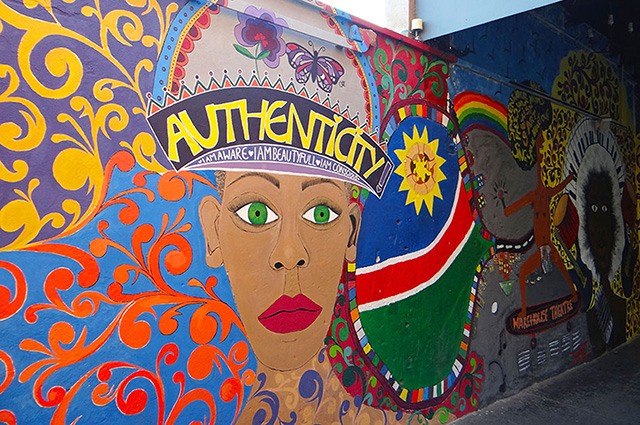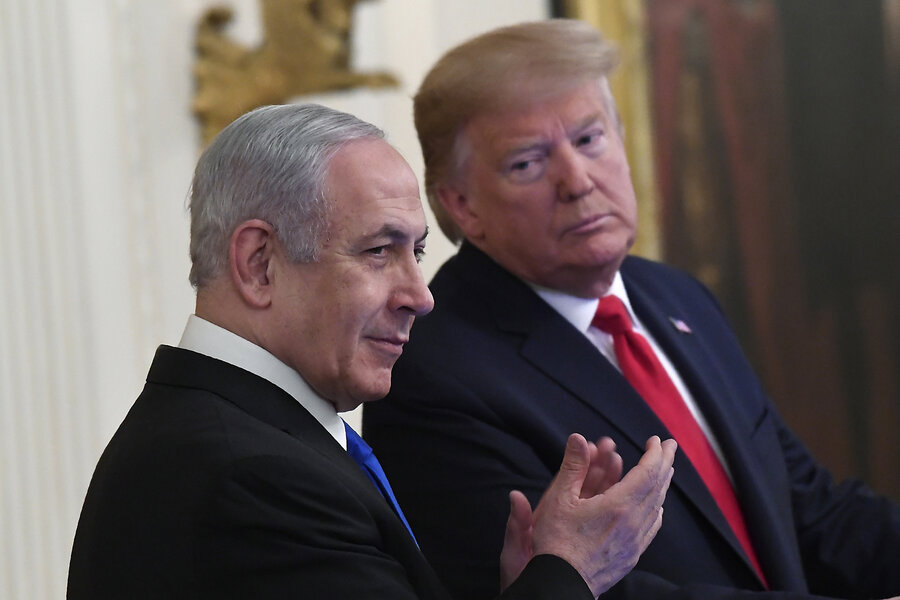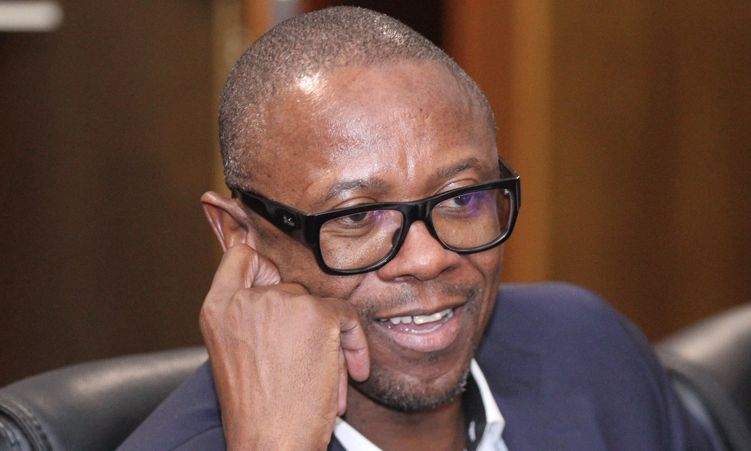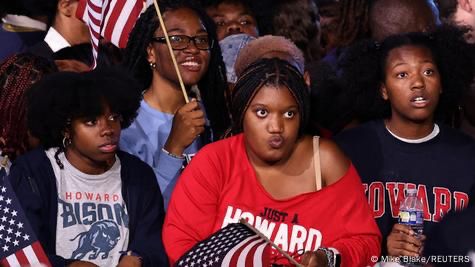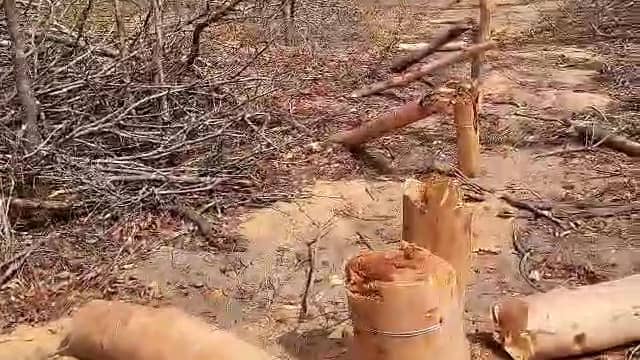The Warehouse Theatre is closed and it feels a little post-apocalyptic.
If you’re an artist, a patron of the arts or a person simply blown towards the bar after a long day, it’s easy to imagine the spectral scenes.
The haunted Boiler Room where the echoes of live performances, plucky karaoke singers and DJs set starry Windhoek nights alight. The deserted theatre bereft of the countless performers who took to the stage in glorious bursts of belief in their talent, their spirit and the space. The now eerie Cellar of Rock which doubled as a dressing room, rehearsal area or whatever you could imagine, and The Loft, a place that barely began to breathe before it died.
Yes, this is a death.
The loss of the Warehouse Theatre is something to mourn and Michael Ott, who waged untold battles to keep the doors of an inclusive place many called home open, is our fallen Gatsby. A smiling centre who each night invited us in, allowed us to come as we are to experience the best party the city has to offer in all its spectacle of art, humanity and freedom of expression.
The Warehouse Theatre has died.
The impossible has happened to the place where many of us came of artistic age, debuted, cut our teeth, drank, discussed and wildly danced.
When I next walk by, I plan to slowly trail my fingers along the wall. A small remembrance and tactile homage I will repeat every time I find myself on Tal Street, recalling, for a moment, the poets, comedians, actors, singers and musicians whose art still warms the walls.
You can kill a place with high rent, economic crises and lack of subsidy and support, but you can’t kill the art.
You can close a space, scatter the artists to the wind, but the art stays open.
It travels, it reunites, it asks: What do we do after the Warehouse Theatre?
And it answers:
We build.
We fashion new and reimagine old spaces across the city where all are welcome and performance art is the main event.
We keep in touch.
The Warehouse was a place to connect but we put in the effort to meet regularly elsewhere through easy, informal and affordable art mingles, picnics, industry braais, gatherings and powwows.
We invite artists in.
Art is not solely for the elite. Everybody has to start somewhere, so we become a community of nurturers, mentors and developmental collectives.
We decentralise.
Art is more than a place; it’s the creators huddled close inside in Katutura, Khomasdal, Dorado Park; everywhere that will have us.
We sponsor.
After the Warehouse Theatre, whenever we can, we put our money where our artists are. We sponsor events, crowdfunds, each other.
We offer space.
Art needs room to grow. It needs places to rehearse and perform. It needs the freedom of city sidewalks and independent and makeshift galleries. As owners of space, we offer this to the artists. We encourage busking on the city streets, street art and pavement performances.
We reimagine the stage.
Shakespeare said it best: “All the world’s a stage”. We get out of the box, perform in garages, in parks, on rooftops.
After the Warehouse Theatre, there is no central space. There is no walking in and deciding to catch a show so getting the word out will be more important than ever. We retweet, we share posters in WhatsApp groups, we invite friends on Facebook and buy tickets to a new shows as birthday and corporate gifts.
After the Warehouse Theatre, we do what we should always do.
We attend.
Stay informed with The Namibian – your source for credible journalism. Get in-depth reporting and opinions for
only N$85 a month. Invest in journalism, invest in democracy –
Subscribe Now!


